CNC machining is a highly efficient and versatile manufacturing process that offers speed, accuracy, and flexibility. It can be applied to a wide range of engineering materials, including metals, plastics, semiconductors, and elastomers. CNC machining serves various purposes, from prototyping to the production of fully functional end-use products. The selection of the appropriate material is crucial for the success and functionality of a CNC machining project.
Choosing the right material for CNC machining involves considering several factors and requirements. For instance, it's necessary to determine whether the material needs to possess excellent mechanical properties or prioritize high production speed. Often, the suitability of a material for CNC machining is determined by a careful assessment of multiple factors. While the following factors are important in material selection for CNC machining, they are not exhaustive and serve as a solid starting point.
Materials selection process
To ensure a successful material selection for CNC machining, follow these fundamental steps:
Step 1 – Determine the necessary material qualities. Analyze the desired properties like functionality, electrical qualities, strength, and hardness that the material should possess for optimal suitability in your project. Additionally, consider the specific operating environment and potential conditions the part will encounter.
Step 2 – Identify potential material options. Evaluate various materials that align with your requirements and match the specifications of your design.
Step 3 – Choose the most suitable material. Select the material that satisfies the highest number of your requirements. It may require making trade-offs, such as prioritizing good machinability over a lower-cost alternative to ensure the quality of the final part.
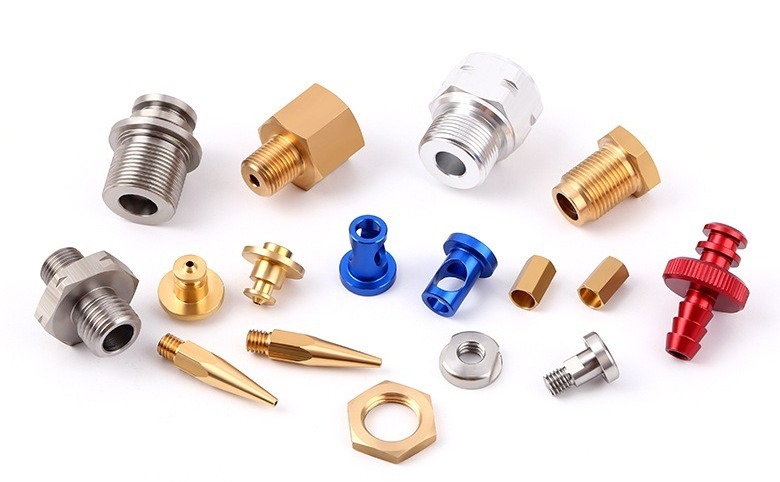
Material Costs
Occasionally, the ideal material for a component comes with a high cost. The expense of obtaining this material significantly exceeds the allocated production budget. As a result, it becomes essential to explore other materials that are more cost-effective. Nevertheless, thorough thought must be given to various aspects such as functionality, strength, hardness, chemical resistance, electrical characteristics, and other properties to establish whether a particular low-cost material can be a practical substitute for the most suitable (but expensive) material.
For instance, steel 1.4571 boasts outstanding resistance to wear and corrosion, along with good machinability. But it is priced at double that of steel 1.7131, which also offers remarkable wear resistance. In situations where the main requirement is resistance to wear, steel 1.7131 proves to be an excellent alternative to steel 1.4571.
Availability
When choosing materials for CNC machining, availability is a crucial factor. There are cases where the most appropriate material might not be obtainable in sufficient quantities to support continuous production. Additionally, procuring such a material can pose challenges. It is prudent to opt for materials that meet the functional needs and are readily accessible, particularly when the part is to be produced in large volumes. Materials that are easily available guarantee that CNC machining can be carried out in the shortest time possible and with maximum efficiency.
Conclusion
The material chosen has an impact on nearly every phase of the product life cycle, starting from the prototyping stage, through full - scale production, and extending to how the part performs in its final application. Achieving a fully optimized finished part starts with making the correct material selection.
Consequently, material selection is a crucial aspect that must be carefully pondered before commencing CNC machining operations. Given the factors mentioned above, it becomes simpler to whittle down the list of materials most appropriate for the part and to make a well - thought - out decision regarding the material.













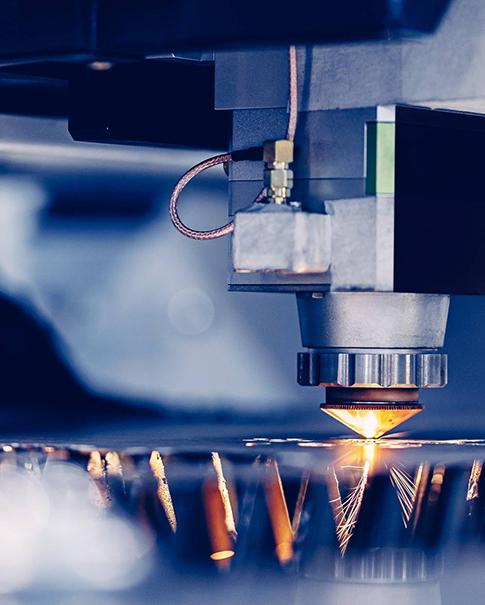
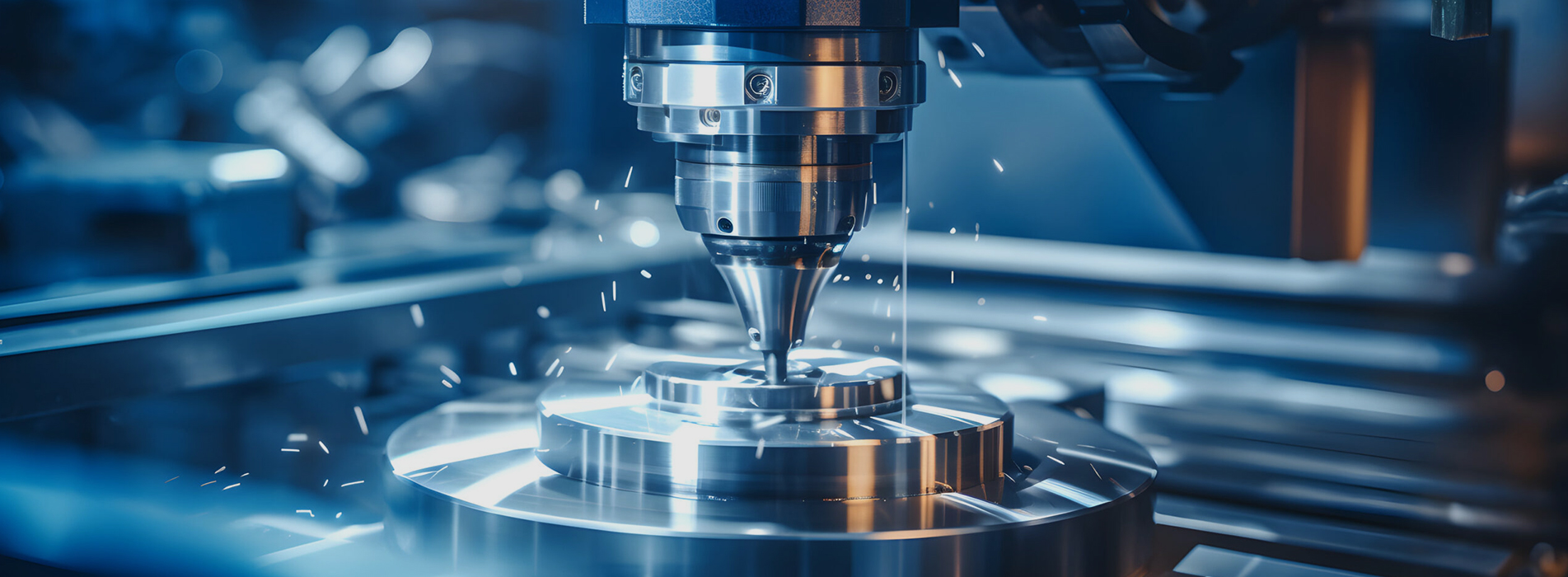


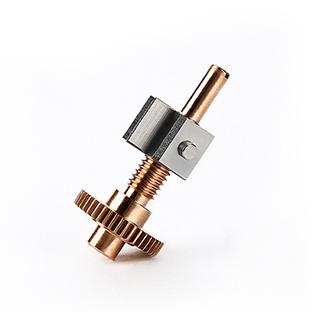
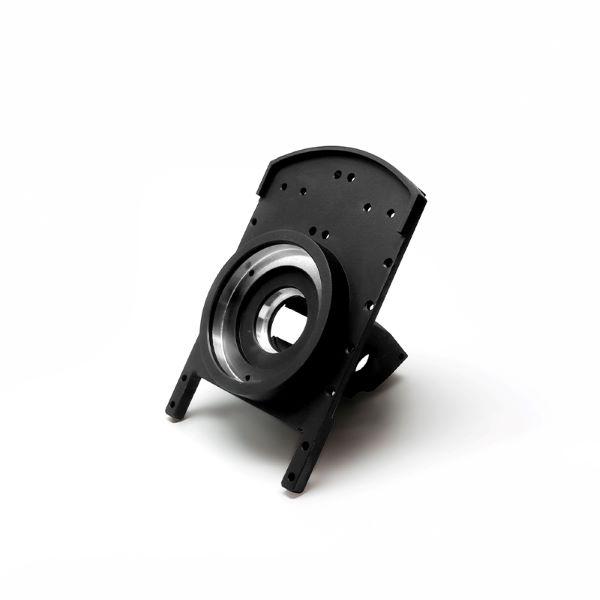
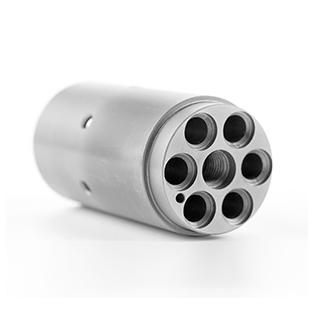
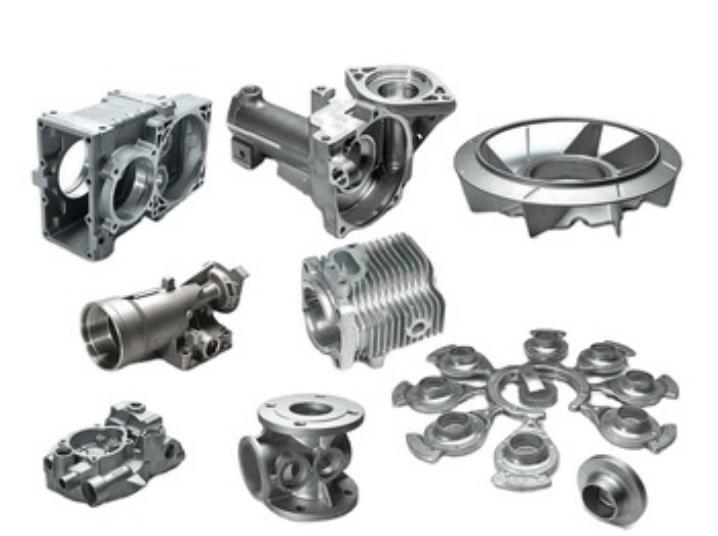
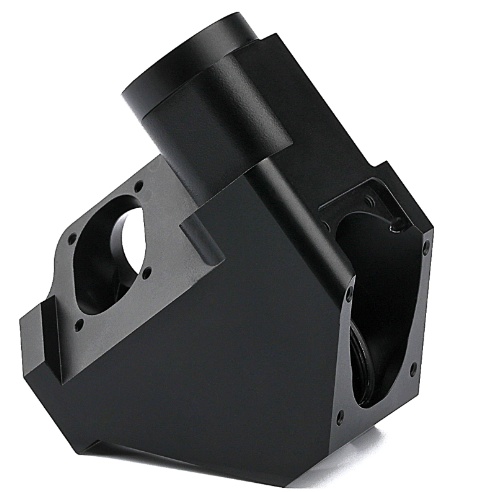
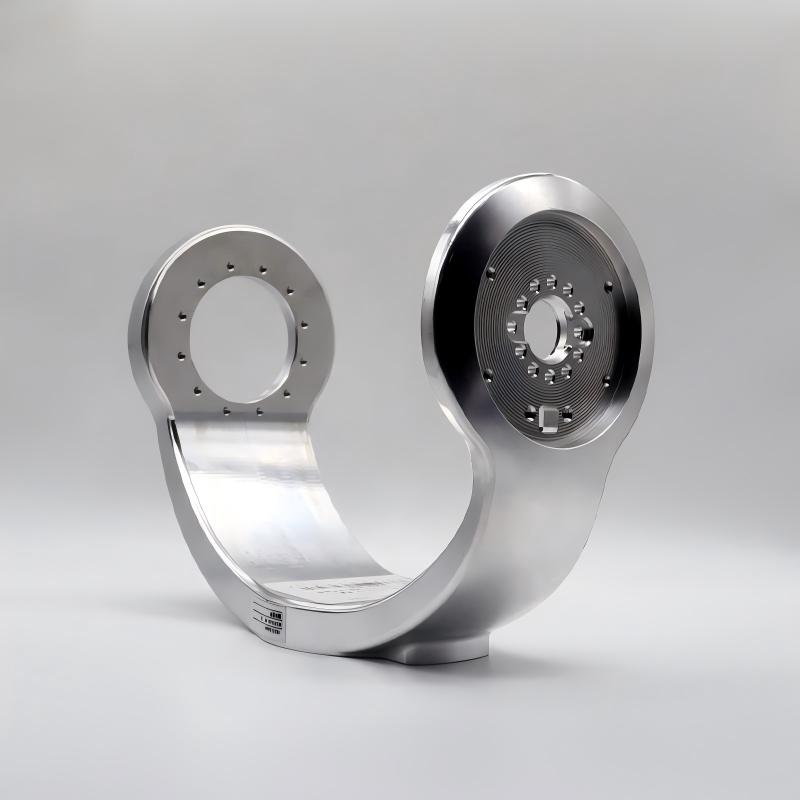
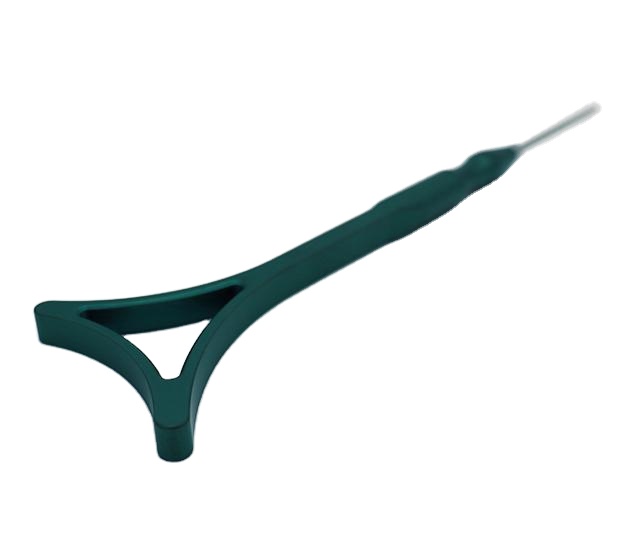
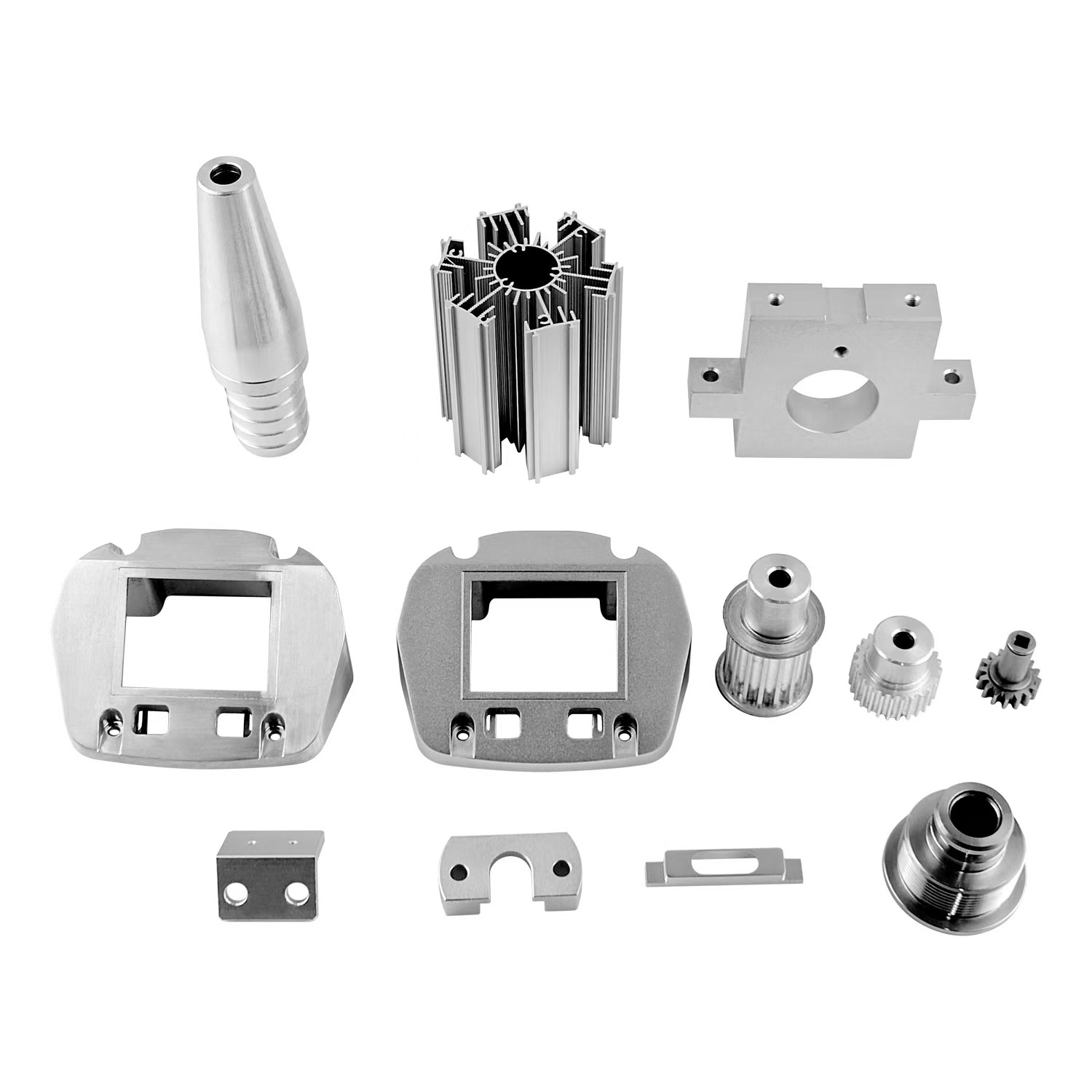
 SUBSCRIBE TO OUR NEWSLETTER
SUBSCRIBE TO OUR NEWSLETTER






